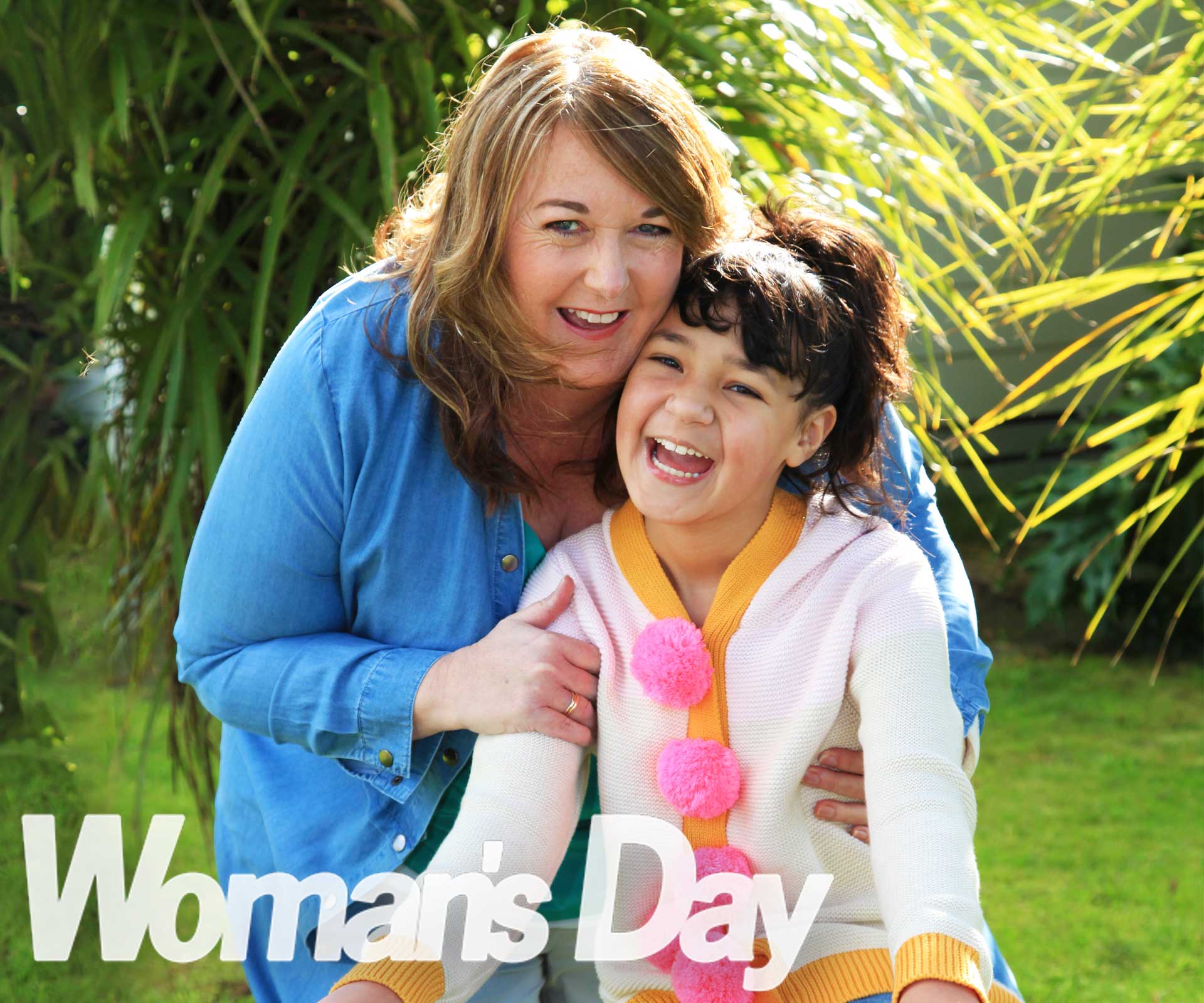Eighteen months into her nursing training, Deborah Adesanya was struggling. She’d had to resit several papers and was finding her studies tough going.
About to throw it all in, the Nigerian-born student was on her way home from church on a grey Auckland day when she spotted a sign that would change the course of her life. It read, “Mercy Ships” and had a picture of a boat on it.
Intrigued, Deborah, 26, googled it as soon as she got home and discovered it was a charity bringing healthcare to the Third World aboard the world’s largest civilian hospital ship, Africa Mercy. She soon became hooked on the idea of becoming a volunteer crew member.
“I can’t believe I had even considered dropping out,” she grins now. “It was just pure chance the Mercy Ships head office was in the same complex as a church I used to go to.”
Deborah threw herself back into her studies, obtained her nursing degree and by September 2014, was working as a paediatric nurse in the intensive care ward at Auckland’s Starship children’s hospital, saving her money for what would become a special kind of pilgrimage.

The vessel that set her on a whole new course.
That New Year’s Eve – almost two decades after her family immigrated to New Zealand – Deborah returned to West Africa to help nurse some of the region’s poorest people.
Her intended five-week stint in the tiny nation of Benin turned into 20 weeks as the urgency and impact of what she and the other volunteers on the five-ward, 16,000-tonne vessel were doing became more obvious.
“It is very different to what you see at home,”tells Deborah, speaking to Woman’s Day just days after returning from her tour of duty.
“There are a lot of conditions that would make you do a double-take. Here, if you had a lump on your cheek, you’d go to the doctor to have it removed and hopefully never have to think about it again.
“There, if they have a lump, they can’t go to the doctor because they don’t have the money. If you go to the hospital, you have to pay for everything – the nurse, the Panadol, your bed … so they end up with that small lump growing into the size of a watermelon!”

Deborah’s primary assignment on board the ship was caring for kids recovering from major surgery.
Patients often walk for days to get to the ship, while others have been forced from their homes because of their illnesses.
Deborah says, “It’s really sad. A lot of the women get left by their husbands and ostracised by their families because they associate that type of thing with witchcraft or some type of voodoo. No-one wants anything to do with them, so on top of the physical trauma, there’s a lot of emotional trauma involved.”
Deborah’s primary assignment was caring for kids recovering from major surgery and while some of her most poignant moments were with babies having operations to correct birth defects such as cleft palates, there were two patients that really captured her heart.

Emmanuel captured the nurse’s heart. “I’d tease his mother about taking him home!”
One was a little boy called Emmanuel who had encephalocele, where part of the skull doesn’t close all the way over. Deborah tells, “When he first came, he couldn’t walk, but by the time he left, he was running around. We became family, really. I would tease his mother about taking him home!”
The other was Saidou, an 11-year-old who had suffered major burns to his arm, neck and chest when he was three.
In a developed nation, he would have been rushed to hospital immediately after the accident. Instead, he was left with extensive scarring that saw him unable to speak and restricted his upper-body movement.
After surgeons treated his constricted muscles, Deborah provided post-op care and the boy’s father was there the entire time, sleeping under his bed at nights.
“He was one of those kids who just grips your heart,” says Deborah.

“When you’re faced with people who aren’t as fortunate, it really gives you a new appreciation,” says Deborah.
“He was surrounded by strangers. He couldn’t understand anything anyone was saying and he just looked petrified.”
But by the end of his 134 days aboard Africa Mercy, Saidou was running around the wards looking for Deborah and chattering away, followed by his delighted dad.
Since the vessel arrived in Benin in August last year, volunteer medical staff have performed more than 1800 major operations and the charity’s mission has left a lasting impression on Deborah, whose dad Semi, an accountant, and mum Tai, a psychiatric nurse, came to NZ for educational opportunities.
“As clichéd and cheesy as it sounds, the biggest thing I’ve brought back is just being grateful for what I have and the life I have,” says Deborah.
“When you’re faced with people who aren’t as fortunate, it really gives you a new appreciation. It’s an attitude of gratitude.”
 Woman's Day
Woman's Day

